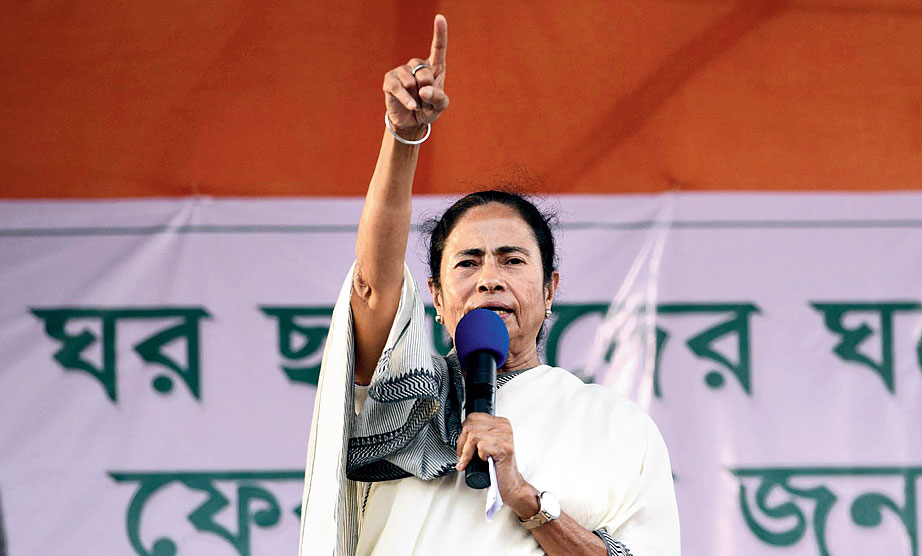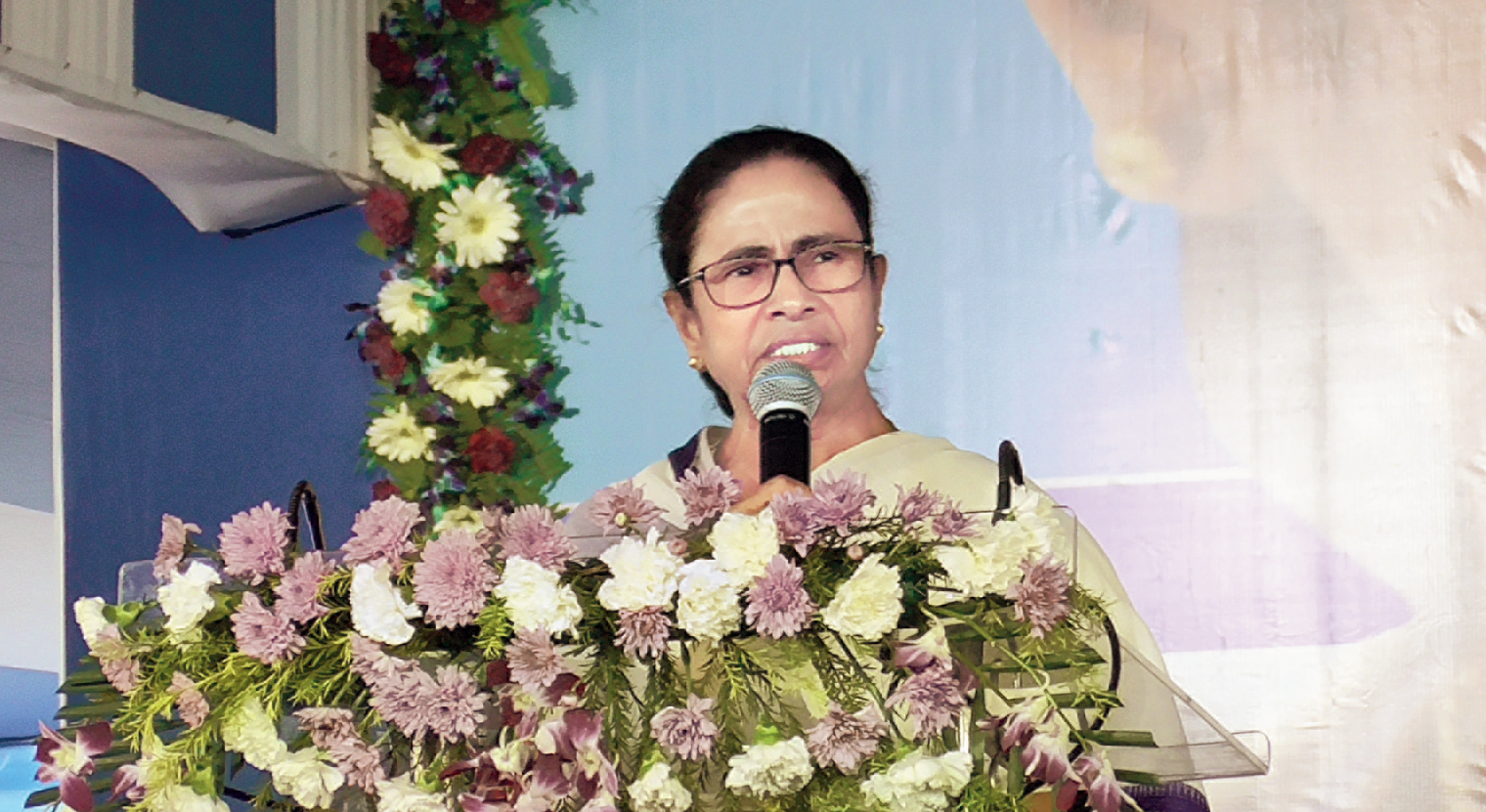Assertions of regional identity in a federal structure may not sound pleasant. So when the chief minister of West Bengal, Mamata Banerjee, said that those living in Bengal must speak Bengali, she was not greeted with deafening applause from all quarters. Ms Banerjee’s statement, though, came when it is being widely felt that the principles of federalism are under attack. In this context, the insistence on respect for a regional culture and language takes on a different importance. Ms Banerjee’s remark, which she explained by describing the need to speak Punjabi when in Punjab and her own efforts to speak at least a few words in Tamil — a language she does not know — when visiting Tamil Nadu, thus suggests respect for the distinctness of the languages and, therefore, the cultures that make up India. Her point is about residents from other states in Bengal, not visitors. In South India, predominance of the language of the state in question is not new; it is, therefore, strange that Ms Banerjee’s remark should make waves.
The immediate context that prompted the chief minister’s remark has been created by the rise of the Bharatiya Janata Party as not only the ruling Trinamul Congress’s main contender for control of the state but also as — apparently — a decider of its culture, which suggests a domination of Hindi. It is not surprising that Ms Banerjee repeated that she is not against residents from other states; she had to indicate that her insistence on Bengali is not a divisive strategy. It is the BJP that is trying to create divides between Bengali and ‘non-Bengali’, she has claimed. The subcontinent has long known language as a political tool. In an environment of looming violence when many TMC members are joining the BJP, the chief minister’s assertion of a regional identity through language takes on a dimension that cannot be explained away by cultural chauvinism. She has walked a tightrope between welcoming residents from other states while asking them to learn Bengali — officers of the Indian Administrative Service learn the language of the state they are posted in — in an effort to posit inclusiveness and plurality against the perceived homogenizing efforts of the BJP, while also countering its ‘Jai Shri Ram’ culture with ‘Jai Bangla’ and ‘Jai Hind’.












